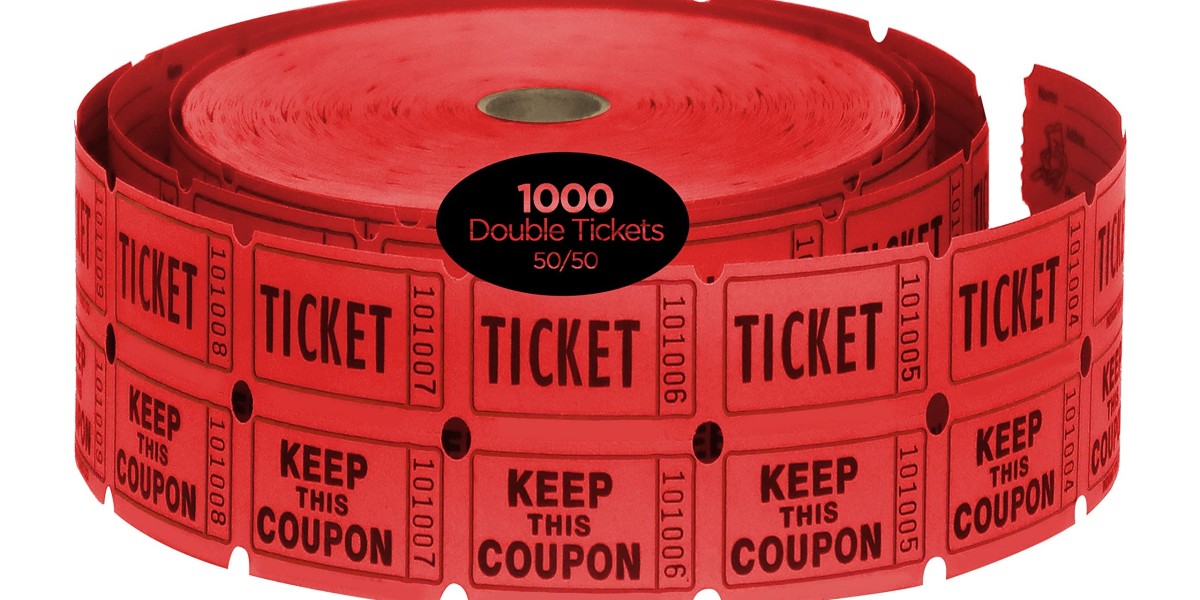When deciding how much to charge for tickets, it is important to consider how much value the event offers. For example, fans of a popular comic book creator might feel the cost is worth it because they get to see their idol in person.
Using the right ticket design is essential for your event’s success. You can easily create an eye-catching ticket with Canva’s drag-and-drop design tools.
Raffles are a form of fundraising
Raffles are a form of fundraising that draws participants because they have the potential to win valuable prizes. They are a popular fundraising method for nonprofits and can be used to support a variety of purposes. However, it is important to understand that raffles are considered games of chance and are regulated by state and county laws. Therefore, they must be conducted in accordance with these rules. In addition, they must be properly executed and awarded to winners. Raffles that require payment or consideration to enter are considered lotteries and may be subject to stricter regulations than other types of fundraisers. You can find out more about the requirements for holding a raffle by Googling “raffle rules” and your state or county.
Raffle prizes can range from food and drinks to sports tickets, jewelry, gift cards, or even vacations. It is important to choose a prize that appeals to the widest range of people, and one that is consistent with your organization’s mission. In addition, be sure to offer a few low-value items for those who cannot afford to buy the higher-value items.
Another effective strategy is to recruit volunteers to sell tickets door-to-door. This approach is time-consuming and can be challenging for the salespeople. In addition, you should provide training and materials to help them succeed. Once the raffle is over, be sure to announce the winner and thank your donors.
They are a form of gambling
Raffles are a form of gambling where participants pay money to enter and have a chance to win prizes. The prizes may be monetary, concrete items (t-shirts, golf clubs), or services (vacation packages, dinner at a restaurant). People buy tickets because they want to win something they don’t already have. While this can be a good way to raise funds, it also violates the Bible’s commands regarding tithes and offerings. Churches should fund God’s work through freewill offerings, not through gambling or chance.
In addition, raffles must be conducted according to state law. These regulations vary widely, but most require a minimum retail value of the prizes and limit ticket sales to non-profit organizations. Some states also require a license to sell tickets, and others forbid the practice altogether.
Another concern is that people often buy more tickets than they can win. This can be a problem for raffle organizers because the extra tickets cannot be used to purchase other merchandise. To prevent this, groups should assign a time limit for winners to turn in their ticket stubs and donations. Those who are unable to meet the deadline should be contacted and reminded of the consequences of failing to do so. It is also a good idea to keep track of the number of tickets sold.
They are a form of entertainment
Raffles are an entertaining way to raise funds for charity or a cause. The organization gets gifts donated to be used as prizes for the raffle, and people buy tickets with numbers on them that are drawn at a certain time to determine the winner. The prize can be cash, a service such as having your windows washed or babysitting for an evening, or goods such as microwaves and VCRs. Many raffles involve a minimum of five to ten prizes, with one grand prize.
To keep your costs low, you can ask volunteers to distribute the tickets and encourage them with a prize for the person who sells the most. You can also put a poster or sign in local shops and stores, especially those that are donating prizes. Advertisements in newspapers and lifestyle magazines are also a good idea.
Make sure that your raffle tickets are numbered and perforated so they can be separated easily from the rest of the ticket. Many organizations scrimp on printing costs by not numbering the tickets, but this is a poor savings of money and an inefficient use of resources. In addition, make sure to have a date by which all ticket stubs and donations are due and remind volunteers of this deadline.







